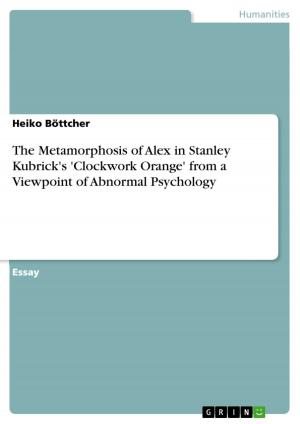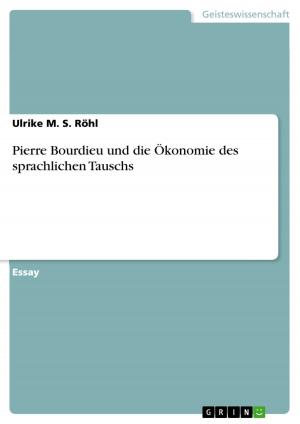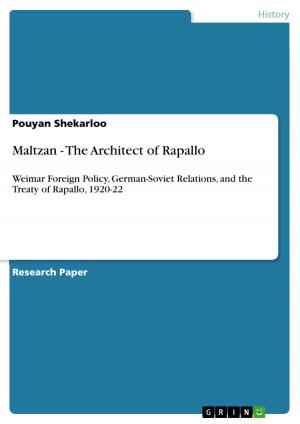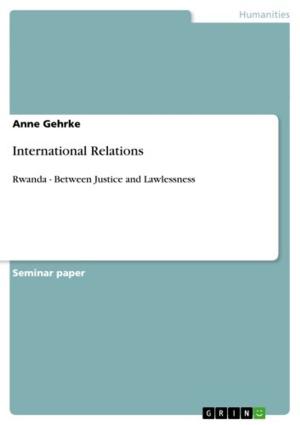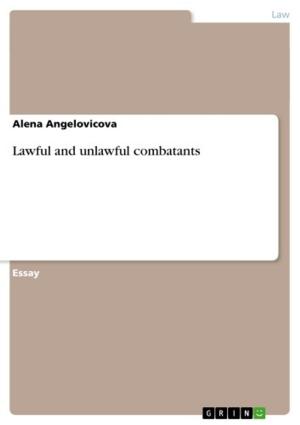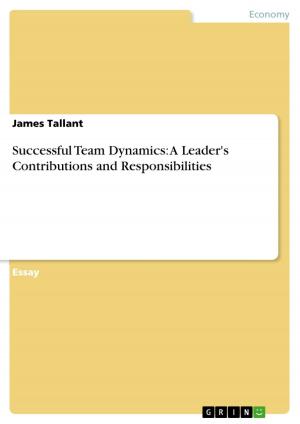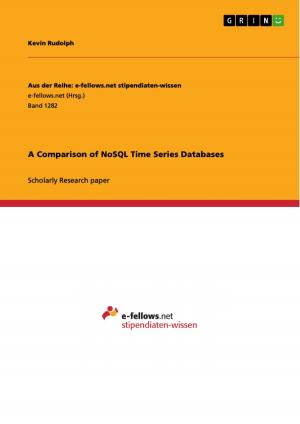The Effectiveness of Habitual Residence as a Connecting Factor in the Conflict of Laws
Nonfiction, Reference & Language, Law, International| Author: | Maximilian Grimmeiß | ISBN: | 9783656961604 |
| Publisher: | GRIN Publishing | Publication: | May 13, 2015 |
| Imprint: | GRIN Publishing | Language: | English |
| Author: | Maximilian Grimmeiß |
| ISBN: | 9783656961604 |
| Publisher: | GRIN Publishing |
| Publication: | May 13, 2015 |
| Imprint: | GRIN Publishing |
| Language: | English |
Essay from the year 2014 in the subject Law - European and International Law, Intellectual Properties, grade: First Class Honors, Trinity College Dublin (School of Law), course: Conflicts of Law, language: English, abstract: Habitual residence as a connecting factor enjoys popularity in the Hague Conventions and Rome regulations. Insofar it has to be considered a successful concept that took hold in the realm of private international law, but being successful in the sense of being used in different regimes and various legal instruments does not equal being effective. In this essay the arguments of the changeability of the concept as a reflection of the modern world will be looked at alongside the ordinary meaning approach. Further there will be consideration on the possibility of one being without a habitual residence, the accusation of habitual residence being an underdeveloped concept and questions on the uniformity within the common market.
Maximilian Grimmeiß, Dipl.Jur., hat an der Friedrich-Alexander-Universität Erlangen-Nürnberg und am Trinity College Dublin Jura mit Schwerpunkt im Bank-und Kapitalmarktrecht studiert. Er war zudem als Hilfskraft am Institut für Strafrecht tätig und arbeitete als Praktikant an der Deutschen Botschaft in Canberra, Australien, und bei Linklaters LLP in Frankfurt a.M. und London. Herr Grimmeiß befindet sich zur Zeit in London auf dem Weg zur Qualifikation als Solicitor of England and Wales.
Essay from the year 2014 in the subject Law - European and International Law, Intellectual Properties, grade: First Class Honors, Trinity College Dublin (School of Law), course: Conflicts of Law, language: English, abstract: Habitual residence as a connecting factor enjoys popularity in the Hague Conventions and Rome regulations. Insofar it has to be considered a successful concept that took hold in the realm of private international law, but being successful in the sense of being used in different regimes and various legal instruments does not equal being effective. In this essay the arguments of the changeability of the concept as a reflection of the modern world will be looked at alongside the ordinary meaning approach. Further there will be consideration on the possibility of one being without a habitual residence, the accusation of habitual residence being an underdeveloped concept and questions on the uniformity within the common market.
Maximilian Grimmeiß, Dipl.Jur., hat an der Friedrich-Alexander-Universität Erlangen-Nürnberg und am Trinity College Dublin Jura mit Schwerpunkt im Bank-und Kapitalmarktrecht studiert. Er war zudem als Hilfskraft am Institut für Strafrecht tätig und arbeitete als Praktikant an der Deutschen Botschaft in Canberra, Australien, und bei Linklaters LLP in Frankfurt a.M. und London. Herr Grimmeiß befindet sich zur Zeit in London auf dem Weg zur Qualifikation als Solicitor of England and Wales.

